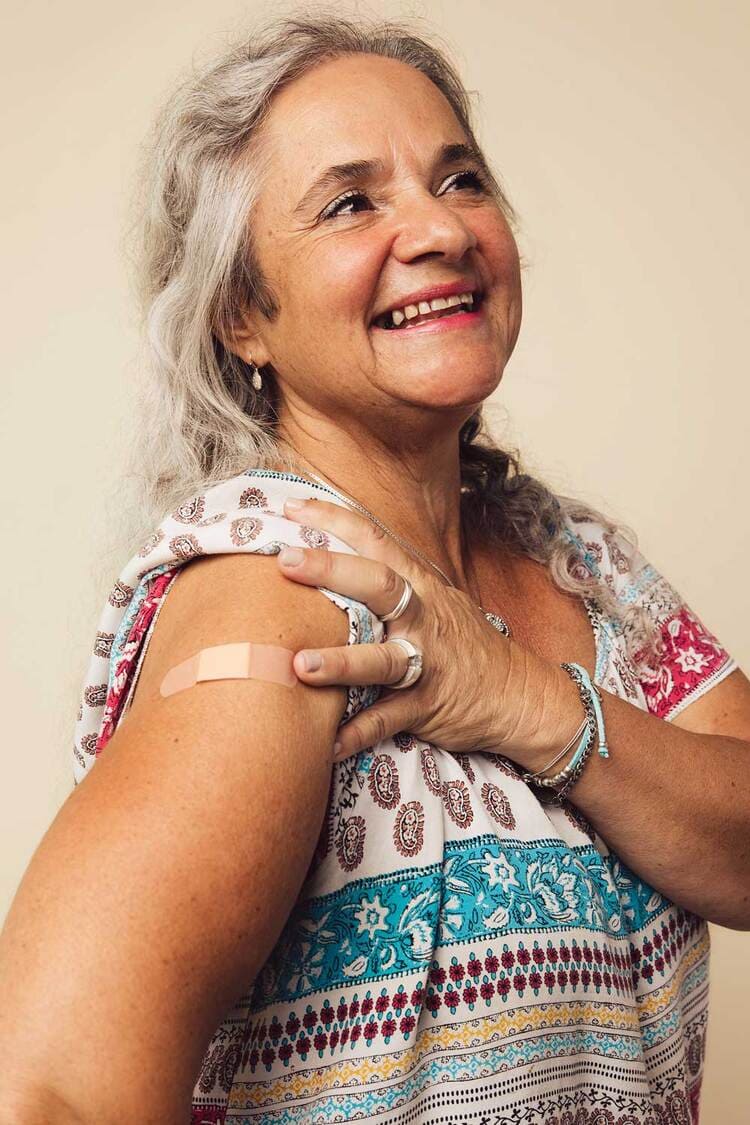Japanese Encephalitis

In which countries does Japanese Encephalitis occur?
Japanese Encephalitis occurs in rural areas in Southeast Asia. The distribution extends from Japan, eastern China and India to Indonesia and Papua New Guinea in the south.
When and how often should I be vaccinated against Japanese Encephalitis?
Vaccination is only recommended for travelers who are going to Southeast Asia for an extended period of time and are staying in rural areas. The risk of infection increases when staying near rice fields or pig farms. If vaccination is recommended, at least 2 doses are needed before departure, ideally with an interval of 4 weeks. If there is a renewed risk, a booster vaccination can be given after one year.
Price:
131.20 CHF per dose
plus consultation and injection fee
What else should I know about the Japanese Encephalitis vaccine?
There are live but also inactivated vaccines against Japanese Encephalitis. In Switzerland, only the inactivated vaccine (Ixiaro) is approved.
The virus that triggers Japanese Encephalitis is closely related to tick-borne encephalitis (TBE), which is transmitted in Switzerland.
For more information on Japanese Encephalitis, visit HealthyTravel.